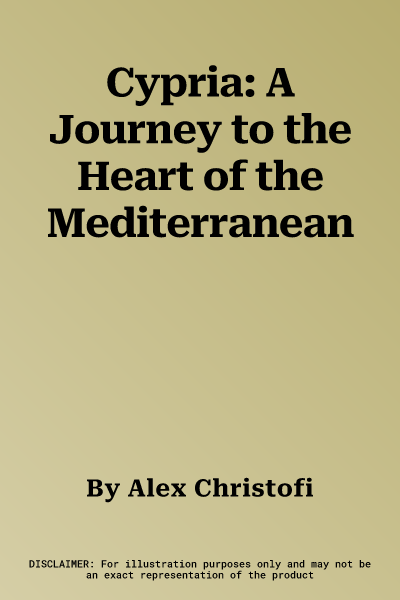An evocative and lyrical history of Cyprus and the Mediterranean.
Think of a place where can you stand at the intersection of Christian
and Arab cultures, at the crossroads of the British, Ottoman, Byzantine,
Roman and Egyptian empires; a place marked by the struggle between
fascism and communism and where the capital city is divided in half as a
result of bloody internal conflict; where the ancient olive trees of
Homer's time exist alongside the undersea cables which provide the
world's internet.
In Cypria, named after a lost Cypriot epic which was the prequel to
The Odyssey, British Cypriot writer Alex Christofi writes a deeply
personal, lyrical and historical portrait and history of the island of
Cyprus, from ancient times to the present day.
This sprawling, evocative and poetic book begins with the legend of the
cyclops - now thought to have come from the skeletons of elephants
fossilized in the stone - and the tales and storytelling at the heart of
the Mediterranean culture. Christofi travels to salt lakes, mosques and
the eerie towns deserted at the start of the 1974 war. He retells the
particularly bloody history of Cyprus during the twentieth century and
consider his own identity as traveler and returner, as Odysseus was.
Written in the same sensitive, witty and beautifully rendered prose as
his last book Dostoevsky in Love, with a novelist's flair and eye for
detail, Cypria combines the political, cultural and geographical
history of Cyprus with reflections on time, place and belonging.

